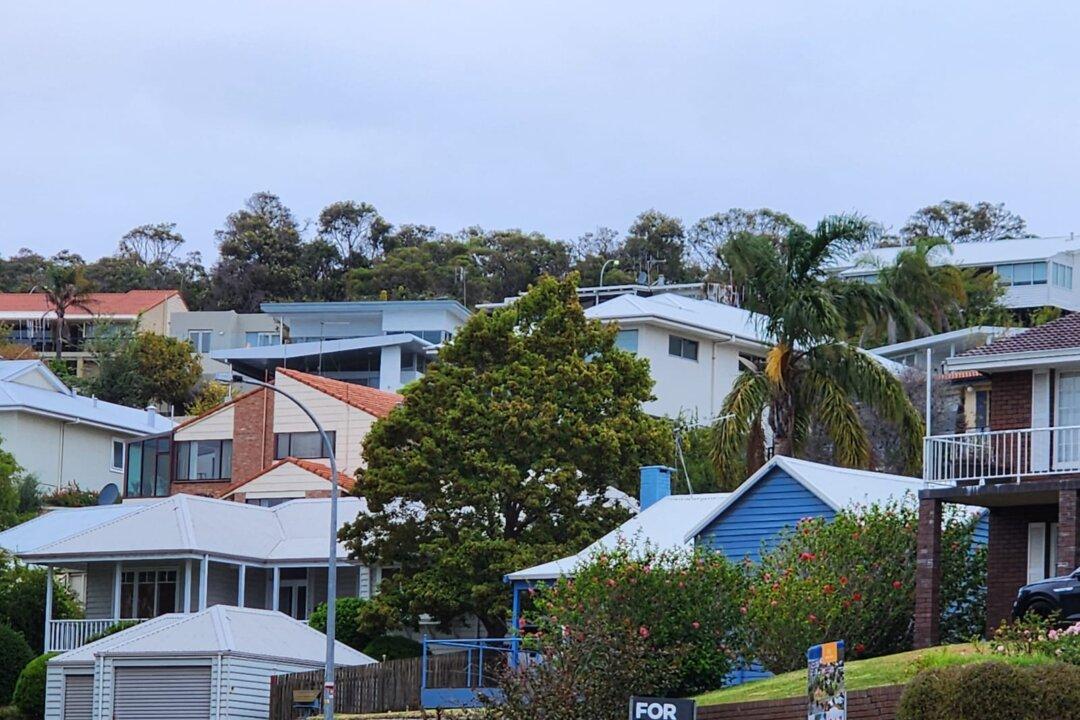The Green Party’s plan to solve the housing crisis has been decried as “dystopian” by the Australia’s leading lobby group for property developers and owners.
The nation’s vacancy rate has dropped to a record low 0.7 percent, driving up rent prices and demand for homelessness services. Meanwhile, 13 interest rate rises in almost two years have put pressure on mortgage holders as house prices continue to soar.





